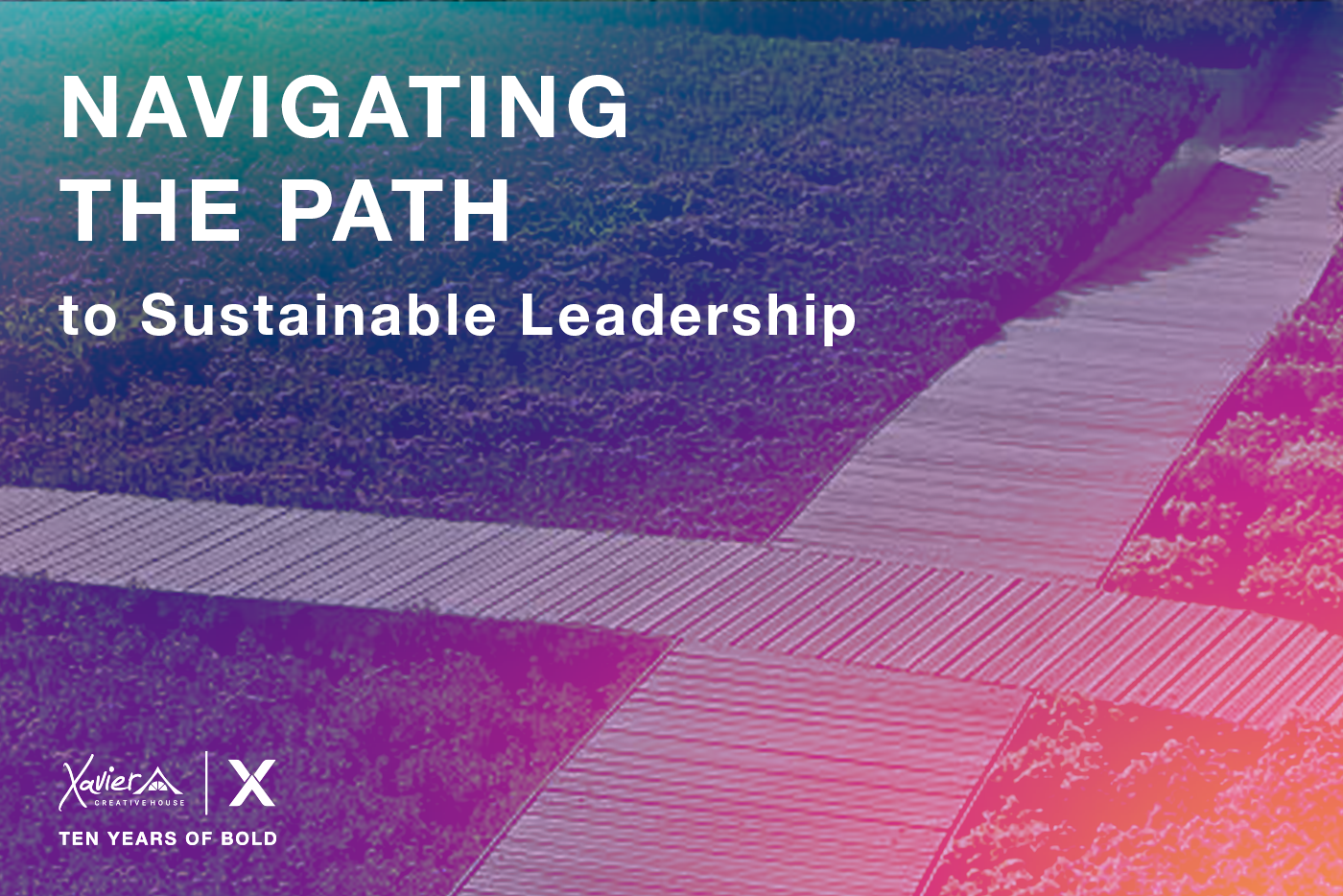04-17-2024
Navigating the Path to Sustainable Leadership

In 2024, businesses are experiencing internal and external pressure toward responsible and sustainable practices beyond the basics of recycling and renewable energy. The growing expectations for companies to prioritize sustainability are evident, with consumers, investors, and employees increasingly valuing organizations committed to positively impacting people and the planet.
Understanding and Addressing Impact:
To be a leader in sustainability, companies must embark on a journey of continuous learning and progress. Recognizing the potential positive and negative impacts of your business is crucial. It involves not merely checking boxes but focusing on impactful work that aligns with your values and goals. Human Rights and Environmental Due Diligence (HREDD) provides a structured approach, employing a five-step process to guide companies in understanding, addressing, and mitigating their impact on human rights and the environment.
- Commitment: Start by respecting human rights and the environment through a documented statement that outlines clear goals. Ensure this commitment is communicated effectively to all stakeholders, fostering awareness and alignment within your organization.
- Identification: Identify the most significant human rights and environmental challenges associated with your operations and value chains. This step lays the foundation for targeted and impactful action.
- Action: Take proactive measures to address and remediate the identified challenges. Ask the crucial question, “What can we do about it?” and implement solutions aligning with your sustainability commitment.
- Tracking Progress: Regularly track and assess your progress. Monitoring enables companies to identify best practices, learn from mistakes, and achieve continuous improvement.
- Communication: Foster transparency by communicating your sustainability efforts to stakeholders. Acknowledge challenges, avoid overselling, and provide specific information; sustainability is a journey, and honest communication builds credibility.
Meaningful dialogue is essential for identifying and understanding risks and root causes. Engaging in ongoing interactions through meetings, workshops, calls, and emails promotes good faith and inclusivity and continues the momentum toward establishing your goals.
Becoming a leader in sustainability requires commitment, continuous improvement, and a focus on ethical practices. Principles provide companies a framework to navigate this journey, fostering positive global and local impacts. As the business landscape evolves, embracing sustainability becomes a responsibility and a key driver for success.
At XCH, our commitment to sustainability takes a holistic approach, encompassing not only our environmental impact but also our impact on our employees and their communities. By establishing sustainable leadership, we’ve built a firm foundation for a business that performs with sustainability at the core of everything we do.
Sources:
https://bcorp.imagerelay.com/share/b243ba701ac2406b9e6c98d26bee63a9
Categories: Sustainability,

